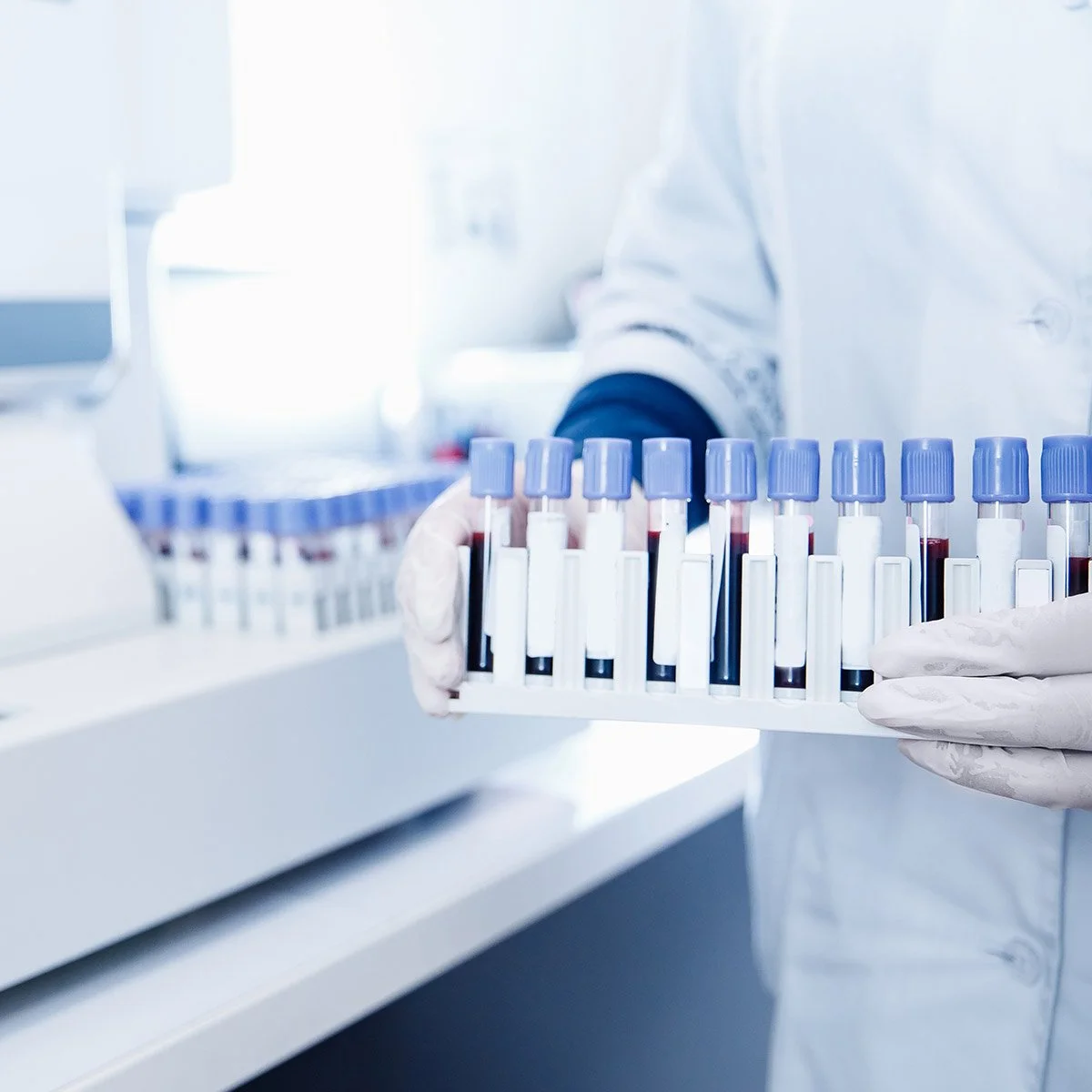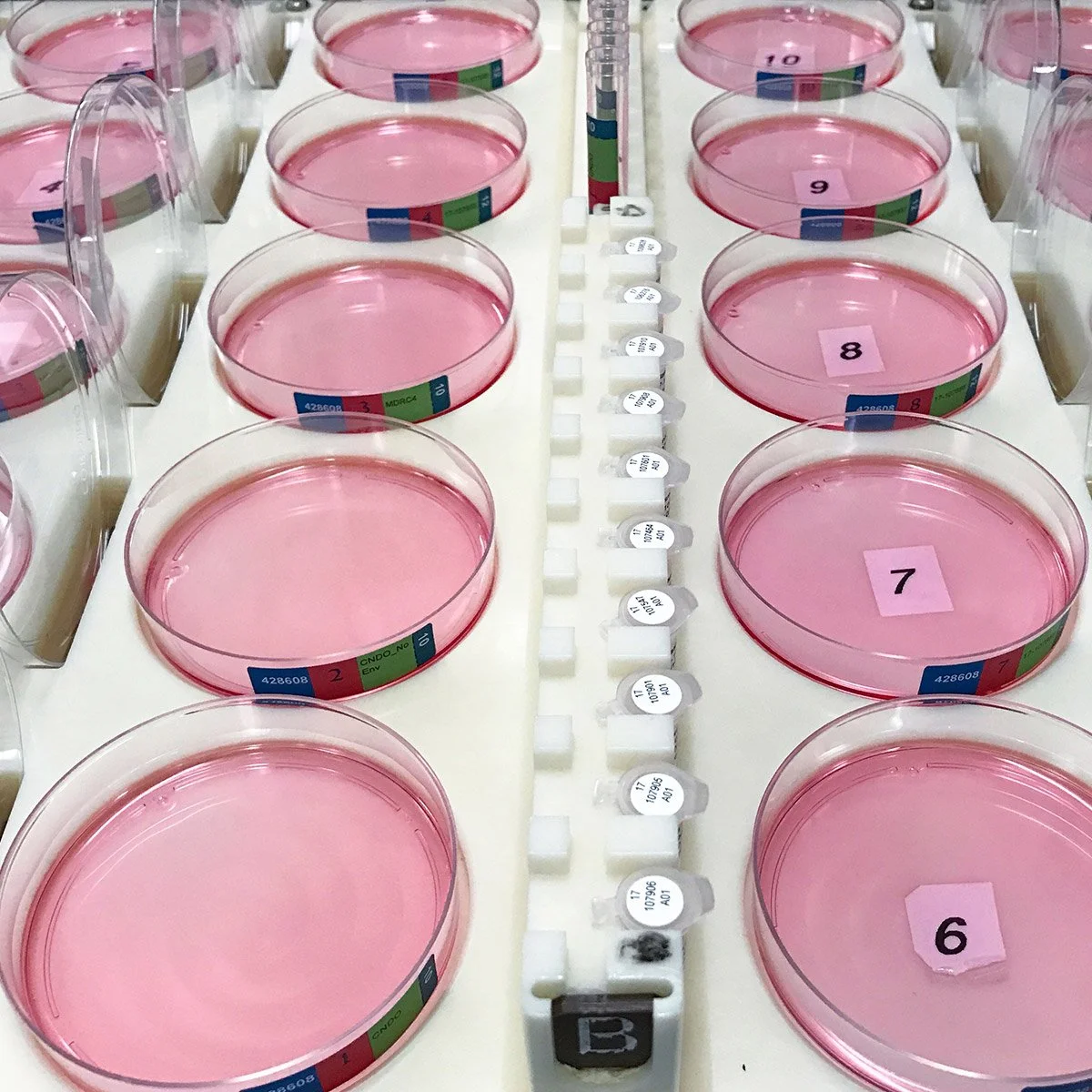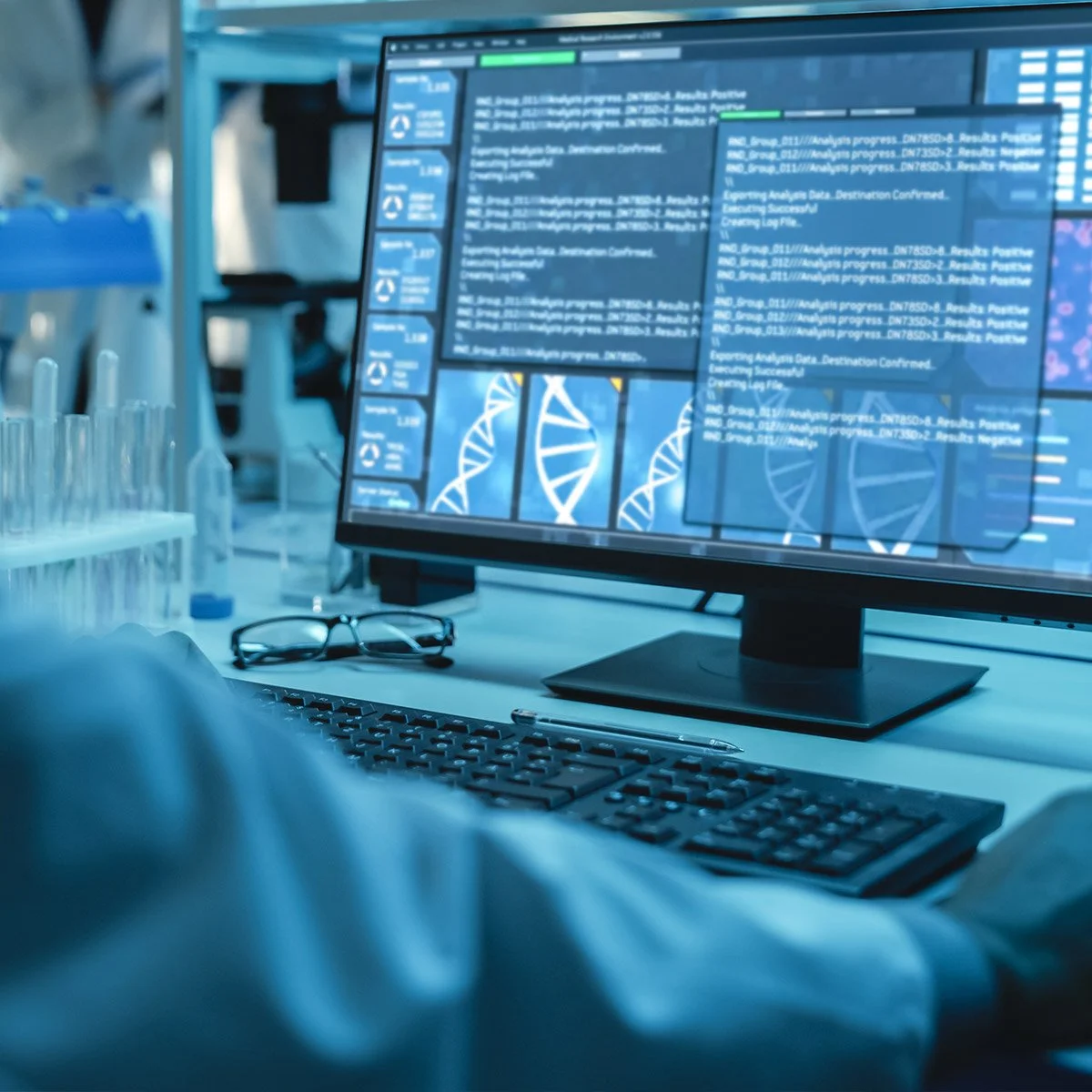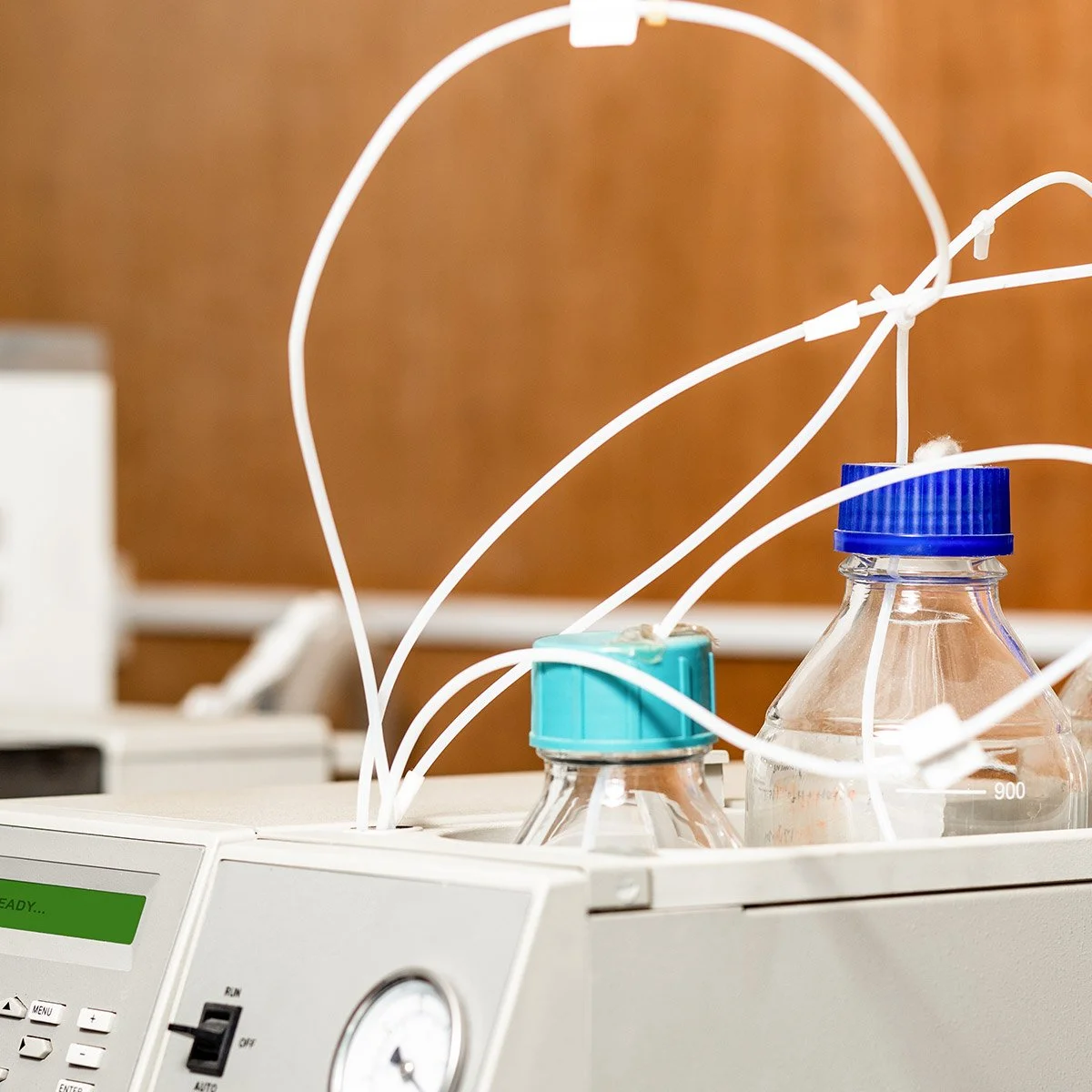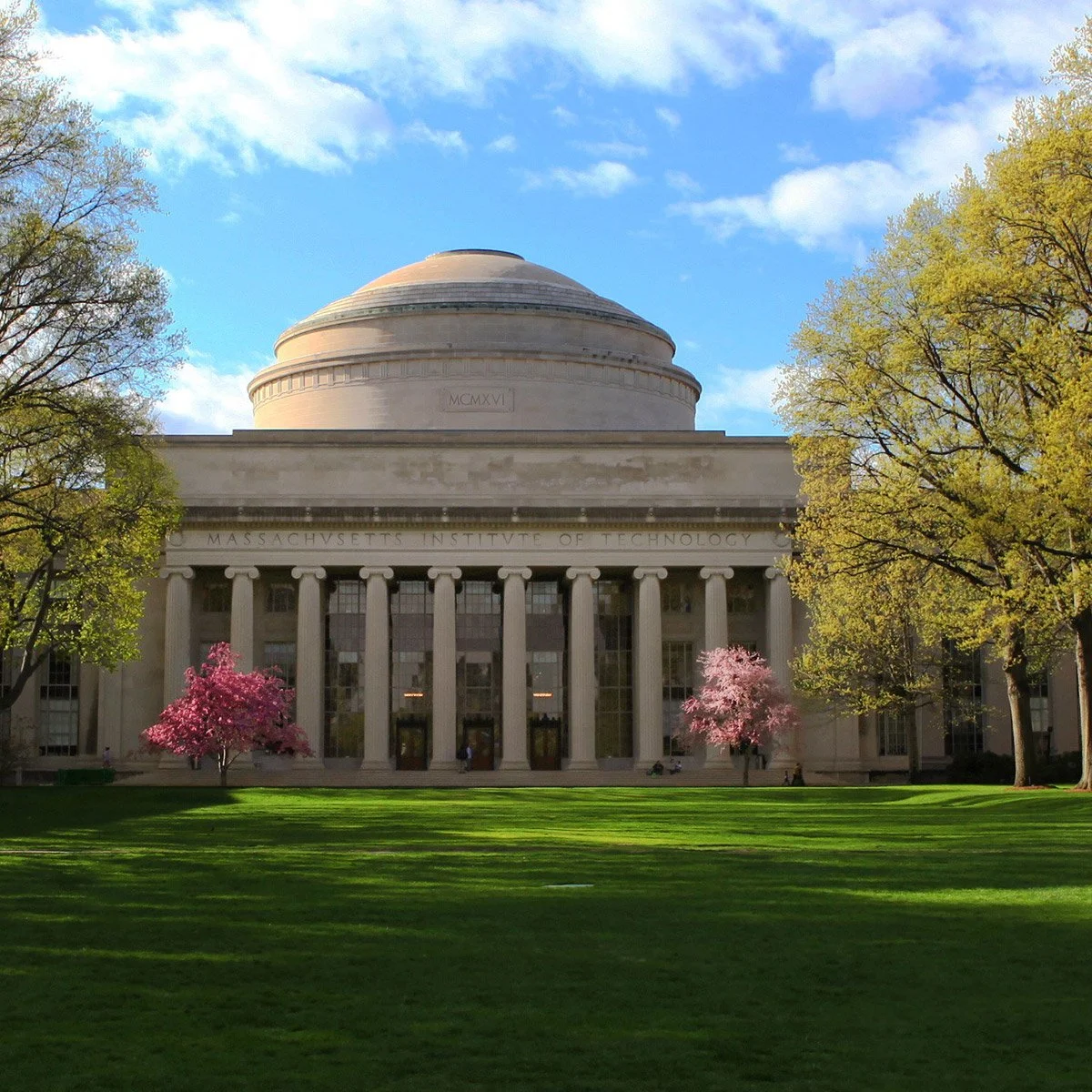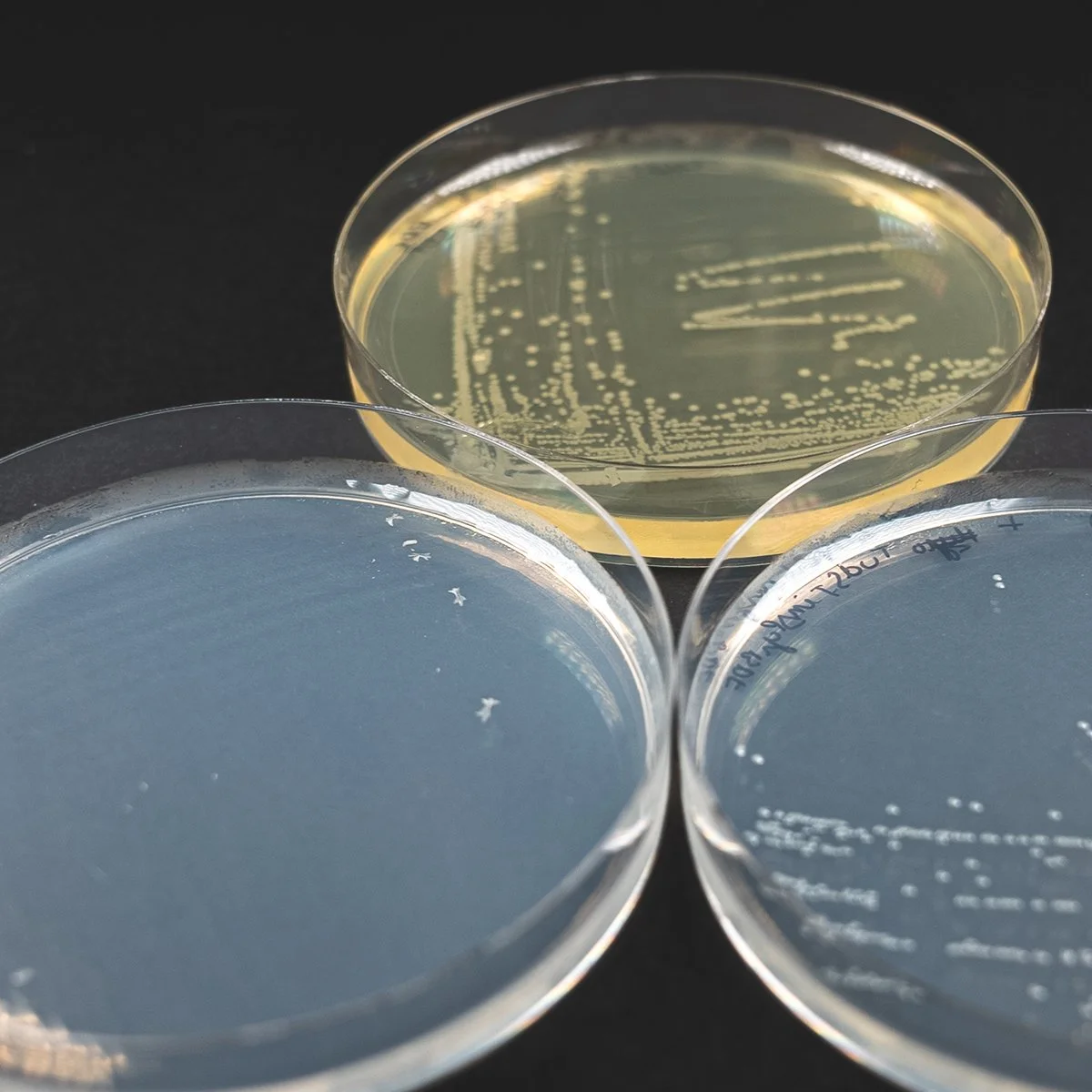It’s no secret that scientific inquiry is dependent on funding.
Advances in biomedical research contribute to human health, and are of inestimable value! At the same time, biomedical research is not an inexpensive endeavor. The competition for science funding is fiercer than ever. With green lab initiatives, scientists can boost the impact of their grant dollars, while maximizing their chances to receive awards.
How do we know that the NIH values sustainability in labs?
We know because the NIH is leading by example with internal sustainability and has communicated its commitment to encouraging sustainability to NIH grant recipients.
The NIH has a green labs program to guide best practices in its own laboratories. While their efforts cover all areas of green labs, one example is that the NIH has reduced 99% of their mixed (radioactive chemical) wastes compared to the mid-1990s. They recently held a Green labs fair to promote internal sustainability via green procurement.
The NIH is, of course, a subsidiary of U.S. Department of Health and Human Services department. Therefore we can look to the HHS strategic sustainability performance plan for further evidence. The HHS and the NIH labs report that they are rapidly achieving these internal sustainability goals. According to the vision statement by HHS Head and Chief Sustainability Officer, John A. Bardis, “The HHS will be incorporating sustainability concepts into internal and external polices and procedures. The HHS will better educate grantees on sustainability and climate adaptation resilience guidance and best practices by building partnerships with complementary programs…” etc. In this video of John A. Bardis at HHS Startup Day, he emphasizes that the United States desperately needs innovations for healthcare efficiency in technology and molecular biology techniques.
Does my lab sustainability affect my chances for grant funding approval?
In a word…. Yes. The research “environment” is an important standard that is judged within the NIH peer review process.
“The NIH has, and will continue to, encourage recipient institutions to increase the efficiency of their research laboratories when and where appropriate. By taking such steps, we continue to promote stewardship of taxpayer support and reduce the environmental impacts of NIH-supported research projects. “
-the NIH Office of Extramural Research
How can scientists demonstrate the sustainability of their project’s “environment” in their NIH grant applications?
The NIH peer review process evaluates projects for scientific and technical merit. The “environment” is one of the five applied criteria. While reporting potential health and environmental hazards is always necessary, efficiency is also an environmental factor for every project. The description of your institutional resources and facilities is an important for determining an application’s overall scientific and technical merit.
Will the scientific environment in which the work will be done contribute to the probability of success?
Are the institutional support, equipment and other physical resources available to the investigators adequate for the project proposed?
Will the project benefit from unique features of the scientific environment, subject populations, or collaborative arrangements?
BETR Grants
The best public resource on how to highlight laboratory sustainability in grants is the Bringing Efficiency to Research Grants program. Kathy Ramirez-Aguilar, Ph.D. the program manager for CU Boulder Green Labs, kindly explained the functionality of this program especially when it comes to laboratory equipment. Shared equipment in a research facility means more resources are available to NIH funded projects. Scientists using BETR grant techniques are leading the pack in communicating workplace efficiency and environmental stewardship.
Rewarding efficiency in biomedical research
The funding ecosystem has finite resources to fit a nearly infinite potential! Seeking project funding is a big part of a researcher’s work load. Work associated with science grant funding is bolstered by lab sustainability initiatives that increase the efficiency of the research project “environment”. The EPA has required sustainability information since at least 2012. Please be aware that the life science scientific community is now elevating its standards as well! My sense is that it shouldn’t be about who has the newest LEED building as their scientific facility. Investigators who can demonstrate lab operational improvements, based on their individual baseline conditions, will be able to distinguish their projects to NIH grant application reviewers..
Labconscious readers know that applying sustainability practices to your laboratory work stimulates efficiency thinking! Scientists who work in green lab environments are bound to flourish in practice! Most certainly, life scientists who invent new tools in academic labs, like artificial Intelligence to metabolomics or mRNA programming technology can go on to launch successful biotech start ups that directly meet the efficiency targets of the HHS. Such innovations will propel science and healthcare forward.
BETR grants are bound to lead to better science. Are you ready to compete?


